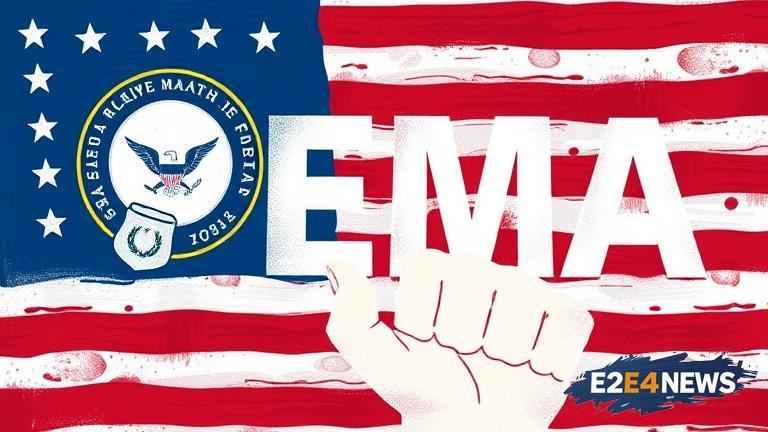On the anniversary of Hurricane Katrina, a devastating storm that ravaged the Gulf Coast in 2005, employees of the Federal Emergency Management Agency (FEMA) have come forward to express their disappointment and frustration with the Trump administration’s handling of natural disasters. The criticism comes as the country is still reeling from the effects of Hurricane Katrina, which caused widespread destruction and loss of life. FEMA employees, who are responsible for responding to and managing disaster relief efforts, have spoken out about the lack of support and resources provided by the Trump administration. They claim that the administration’s policies and budget cuts have hindered their ability to effectively respond to disasters. The employees also criticized the administration’s response to recent hurricanes, including Hurricane Maria, which devastated Puerto Rico and the US Virgin Islands. They argue that the administration’s slow response and lack of resources exacerbated the suffering of those affected by the storm. Furthermore, the employees expressed concern about the administration’s proposed budget cuts to FEMA, which they believe will further compromise their ability to respond to disasters. The criticism from FEMA employees is not surprising, given the Trump administration’s history of controversial responses to natural disasters. The administration has been accused of being slow to respond to disasters and of providing inadequate support to affected communities. The employees’ criticism also highlights the ongoing debate about the role of government in responding to natural disasters. While some argue that the government should play a more active role in disaster relief, others believe that the private sector should take the lead. The anniversary of Hurricane Katrina serves as a reminder of the importance of effective disaster response and the need for a coordinated effort between government agencies, private organizations, and local communities. The storm, which made landfall on August 29, 2005, caused catastrophic damage and flooding along the Gulf Coast, particularly in the city of New Orleans. The storm’s impact was exacerbated by the failure of the city’s levee system, which was overwhelmed by the storm surge. The disaster response efforts were widely criticized, with many arguing that the government was slow to respond and that the response was inadequate. The aftermath of the storm saw widespread outrage and calls for reform, with many advocating for increased funding and support for disaster relief efforts. In the years since Hurricane Katrina, there have been significant improvements in disaster response and preparedness, including the establishment of new protocols and procedures for responding to disasters. However, the criticism from FEMA employees suggests that there is still much work to be done to ensure that the government is adequately prepared to respond to natural disasters. The Trump administration’s response to the criticism has been defensive, with officials arguing that the administration has made significant strides in improving disaster response and preparedness. However, the criticism from FEMA employees highlights the ongoing challenges and controversies surrounding the administration’s handling of natural disasters. As the country continues to grapple with the impact of natural disasters, it is clear that there is a need for a coordinated and effective response effort. The anniversary of Hurricane Katrina serves as a reminder of the importance of learning from past disasters and working towards a more effective and compassionate response to those affected by natural disasters. The criticism from FEMA employees is a call to action, highlighting the need for increased support and resources for disaster relief efforts. It is a reminder that the government has a critical role to play in responding to natural disasters and that the private sector and local communities must also be involved in the response effort. Ultimately, the goal should be to create a more resilient and compassionate society, one that is better equipped to respond to and recover from natural disasters.
